Does Cannabis Cause Memory Loss?
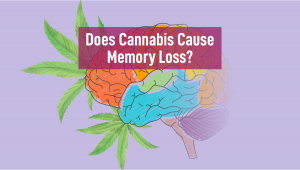
- 1. Complicated even before weed enters the scene
- 2. Does cannabis intoxication cause loss of memory?
- 2. a. Working memory
- 2. b. Verbal memory
- 2. c. Prospective memory
- 2. d. The role of ibuprofen and other nsaids
- 2. e. Cannabis and memory consolidation during sleep
- 3. Can it be that marijuana improves memory?
- 4. In conclusion
You only need to smoke weed once to notice that it messes up your memory. This particular effect is so much in-your-face that there’s even a strain of cannabis called Memory Loss. So, no one will deny the reality of marijuana-memory interaction. The question is how much the substance affects different forms of memory and whether the effects are reversible.
Research on cannabis and memory loss confirms that the substance disrupts memory, mostly short-term, but also long-term memory formation. Some findings suggest that heavy users adapt to these effects and that the deficits are reversible after quitting. And exposure to low doses of marijuana improves memory, at least in mice. So, if you have second thoughts about using medical marijuana because it ‘destroys memory’, maybe the available evidence will give you peace of mind. The same with heavy recreational use: before you decide that marijuana has ruined your memory for good, look at what science has to say.
Complicated Even Before Weed Enters the Scene
We’re so familiar with the way our memory works that we take it for granted. However, it’s an intricate web of stupendously complex processes. Memory can be roughly divided into the following three stages:
- Encoding. The information is taken in and processed.
- Storage. The information is saved for immediate use (short-term memory) or for later (long-term memory).
- Retrieval. The process of recalling something or, in other words, accessing the information stored in our brains.
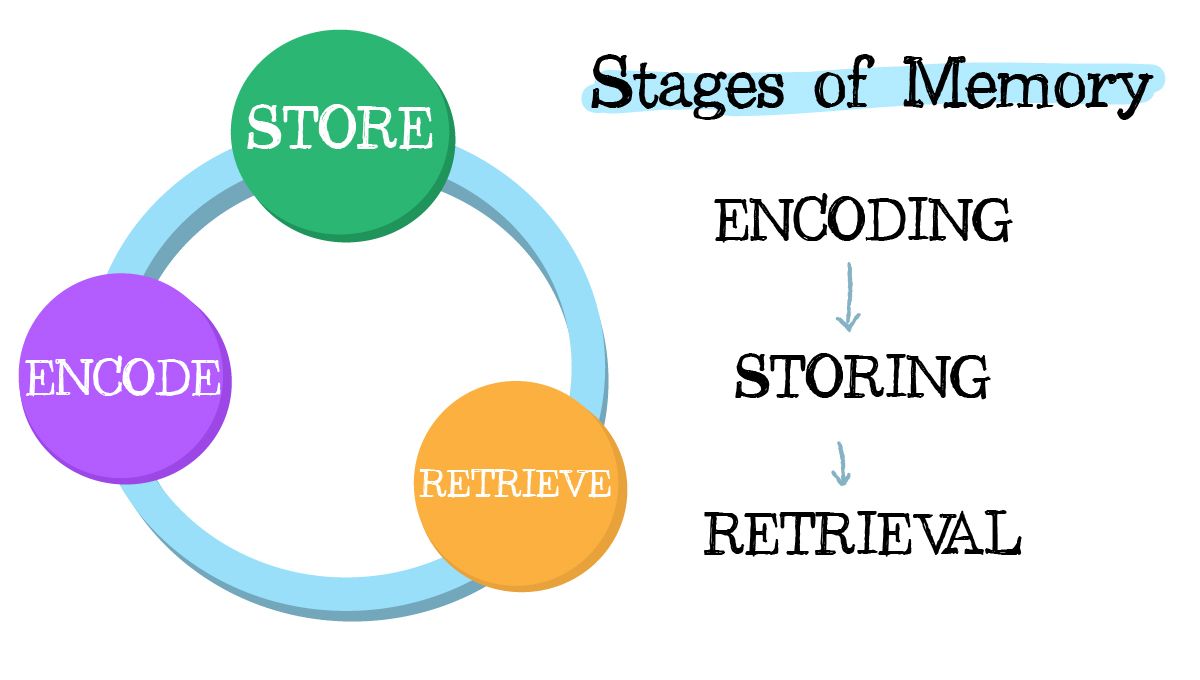
This sounds easy but is only a very rough approximation, and the process involves many regions of the brain most of which have a large number of cannabinoid receptors. THC and other mind-altering cannabinoids in marijuana bind to those receptors and thereby affect the way our brain and our memory work.
Another issue is marijuana’s influence on the developing brain. The same way as the brain, in general, has gradually evolved in our human and non-human predecessors, so do our individual brains ‘evolve’ in our skulls. They do this only ever so slowly, and the process continues into the mid-20s.
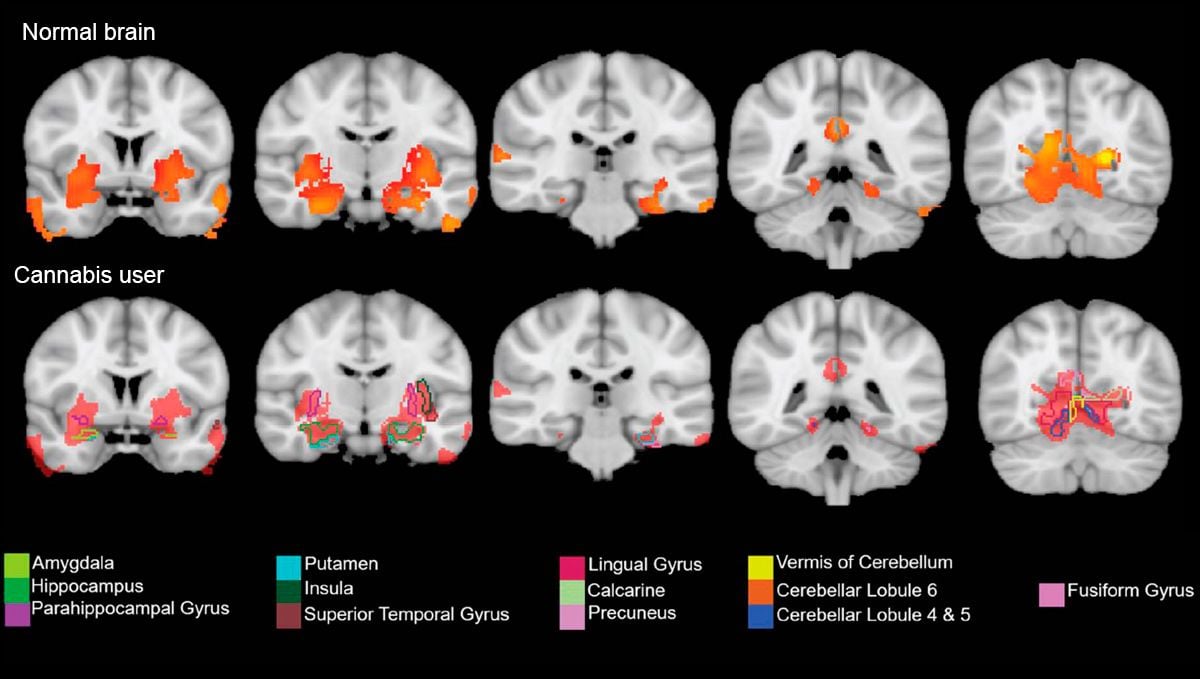
New neuroimaging studies show that weed smokers’ brains look different compared to their non-smoking counterparts, especially when they start smoking at a young age. No, nothing bong-shaped inside your head is revealed on the scans, and we wouldn’t call this ‘brain damage’ as some click-bait media do. However, the difference in the mass and thickness of gray and white matter in some regions of the brain is a real thing. All this cannot but affect such an important part of our cognition as memory and requires some looking into.
Does Cannabis Intoxication Cause Loss of Memory?
When we say ‘loss of memory’, we imagine something persistent and long-term and suspect that we’ll probably find it in heavy marijuana smokers. And naturally, this subject was studied many times. With inconclusive results.
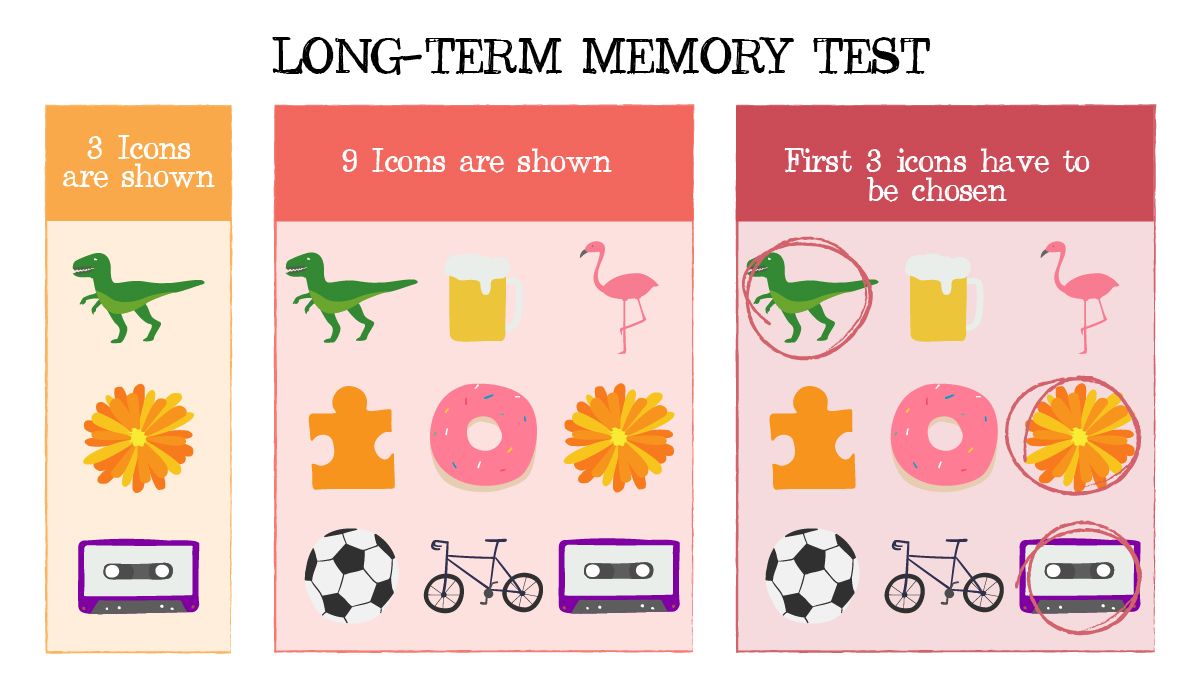
Indeed, those who abuse marijuana perform a bit worse in memory tests than those who don’t. They may have trouble learning new things and recalling what they know compared to non-smokers. However, researchers describe these memory deficits as modest and admit that even those may be due to acute rather than long-term effects. Or, in plain English, the dudes must be just high during the test. As so many heavy smokers are all the time.
There’s a caveat: When we say smoking, we actually mean any form of use, including medicinal marijuana, such as cannabis oil or edibles.
If you started smoking at an early age, the long-term worsening of your memory function is more likely and may persist after you quit.
IQ Decline Percentage Associated with Cannabis Use
| Persistence of Use | N | % Male | Full-Scale IQ | |
|---|---|---|---|---|
| Age 7-13 | Age 38 | |||
| Never used | 242 | 38.84 | 99.84 | 100.64 |
| Used, never regularly | 508 | 50.59 | 102.27 | 101.24 |
| Used regularly at 1 wave | 47 | 72.34 | 101.42 | 98.45 |
| Used regularly at 2 waves | 36 | 63.89 | 95.28 | 93.26 |
| Used regularly at 3+ waves | 41 | 78.05 | 96.00 | 90.77 |
To recap: the prospects of doing real damage to your memory by smoking cannabis daily and for many years or developing some kind of memory disorder are probably a myth. At least, there is no scientific data yet to support this idea. Bad memory during the marijuana-induced intoxication itself is a different story.
Working Memory
The most familiar way that cannabis causes memory problems is its effects on working memory. We don’t want to split hairs here, so let’s say that working memory means the same as short-term memory. It allows us to focus on a task and not lose track of what we’re doing… … Okay, what were we just talking about?

Experiments on both humans and animals have shown that cannabis does disrupt working memory. But not so much in heavy daily users. The thing is that tolerance to THC and its effects allows us to adapt and experience fewer deficits in working memory.
Many of you have probably had another experience — you can’t recall all those brilliant ideas that seemed so lucid to you when you were high. This is probably not the issue with memory per se, but with the cognitive overload. You simply can’t keep track of thousands of ideas per minute racing through your head and haven’t enough clarity of mind to follow them through.
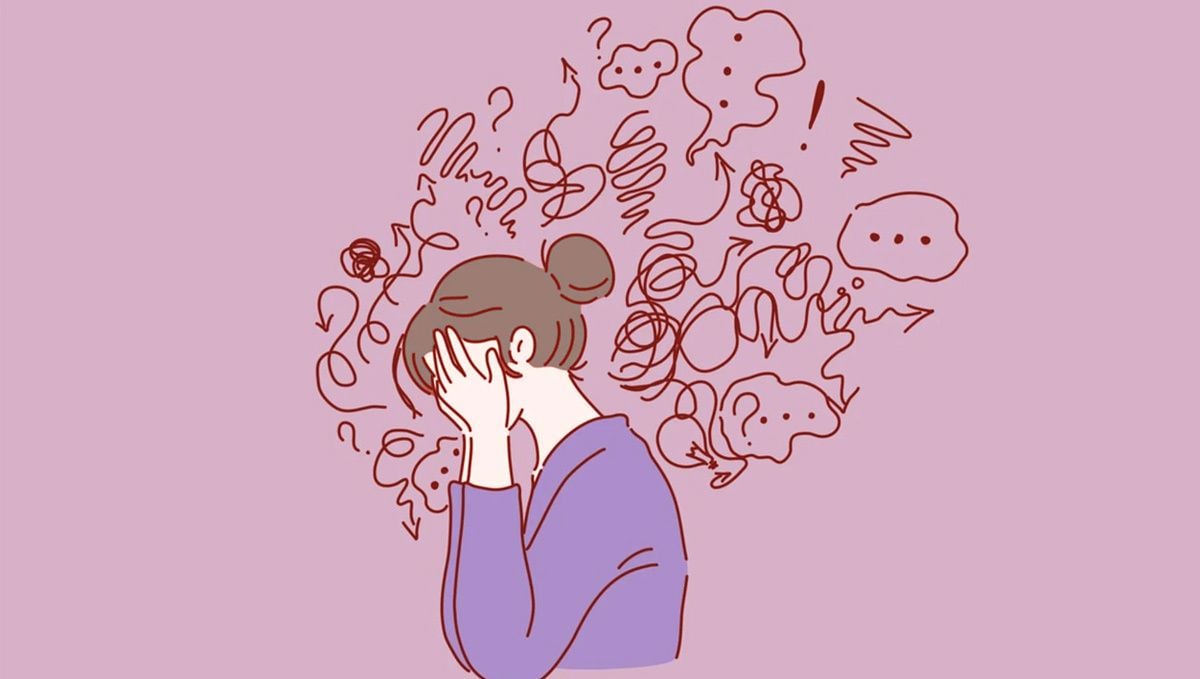
Verbal Memory
Verbal memory is a form of working memory, but it’s only about remembering words, terms, and names. If you can’t recall a single item from your groceries list, maybe you shouldn’t have smoked that extra bowl before going shopping. Because yes, marijuana does cause problems with verbal memory, and current long-term heavy users perform poorly in cognitive tests involving words.
However, former users are doing okay which means that verbal memory loss is reversible, and after you quit weed, recovery is quick to follow. This was confirmed by another small study where teens and young adults were paid to quit smoking cannabis for a month. And even before the withdrawal symptoms subsided, the memory fog cleared. One week after quitting weed, the subjects performed much better on tests that involved remembering words.
Prospective Memory
“I was gonna make love to you,
But then I got high…”
Another form of short-term memory, prospective memory allows us not to miss our exit while driving or to remember our plans for later. Interestingly, one study found that young adults who are marijuana smokers don’t think that they ever forget their intentions, but when performing tests, they show issues with prospective memory nevertheless.
The Role of Ibuprofen and Other NSAIDs
The good news is that any immediate negative effects of weed on memory and cognition may be counteracted by ibuprofen and similar nonsteroidal anti-inflammatory drugs. One study on mice found that THC increases the level of an enzyme called COX-2 (which causes the impairment), and ibuprofen does the reverse — it lowers COX-2 levels. Presumably, this helps mice not to forget things.
But before you decide to add a bottle of ibuprofen or some other NSAID to your secret stash, read about the side effects. According to Dr. Gundry, these over-the-counter pharmaceuticals aren’t so harmless after all.
Cannabis and Memory Consolidation During Sleep
The negative influence of cannabis on memory doesn’t seem to stop at the short-term stage. While we forget most of the information in our working memory as soon as we no longer need it, some of it is valuable enough to be transferred to the long-term memory. This process is called memory consolidation, and scientists believe that most of it happens while we sleep.
Cannabis famously suppresses the rapid-eye-movement phase of sleep (REM). That’s why we sleep so soundly and don’t remember dreaming after a nice nightly bowl. Research in the past pointed to REM as the most important—and probably the only—sleep phase that plays a part in long-term memory formation. Recent studies cast doubt on this assumption. Most probably, the slow-wave phase of sleep—the one which makes the night rest on cannabis so blissful—plays an important role as well. However, without REM, memory consolidation isn’t full, and blazing one before going to bed isn’t likely to make you Funes the Memorious.
Can it be That Marijuana Improves Memory?
Some enthusiasts of the plant actually think that marijuana helps memory. And they might be right because one study on mice found just that. The results were astounding because after 30 days of giving old mice low doses of THC, some of their cognitive functions, including memory and the ability to learn, became practically as good as in young mice. Unfortunately, the results were reversed for the younguns — their cognitive function was harmed by THC.

We don’t know yet if the same happens in humans. But if marijuana helps memory in elderly people, it probably does so through the rewiring of the aging brain stuck in a rut. And one more thing: if you’re looking for cannabis strains for memory, choose those that have low levels of THC and a substantial CBD content.
Low doses of THC can also reduce the expression of traumatic memory in PTSD patients and the anxiety that one feels remembering bad things. Here marijuana actually inhibits rather than boosts memory, but the important thing is that this improves our mental health. Here again, the low-THC and high-CBD varieties are the most helpful.
In Conclusion
Before recent scientific research, we thought that CBD was the only cannabinoid that had valuable medicinal properties but nowadays researchers have discovered that THC can be a great way to keep our mental health in check. Despite its illegality, it's been proven that THC can treat PTSD and anxiety among several other symptoms, and soon enough everyone who needs it will have access to this type of product, in the meantime, let's hope for the best.
External References
- The effect of cannabis use on memory function: an update, Substance Abuse and Rehabilitation, 2013
- Verbal Memory Performance and Reduced Cortical Thickness of Brain Regions Along the Uncinate Fasciculus in Young Adult Cannabis Users, Nina Levar et al., Cannabis and Cannabinoid Research, 2018
- Does cannabis use affect prospective memory in young adults?, Janice Bartholomew et al., Journal of Psychopharmacology, Feb 2010










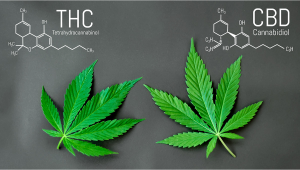
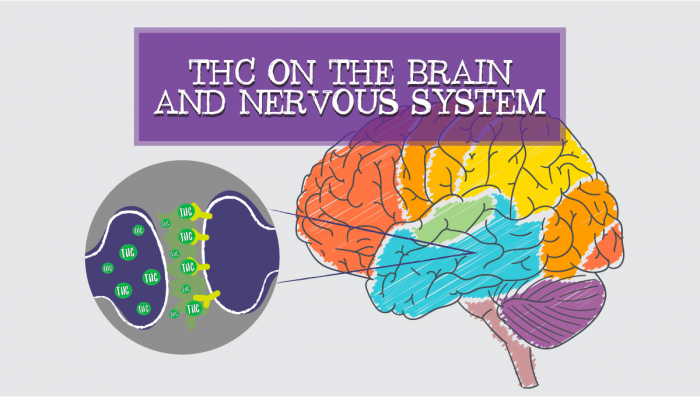
Comments